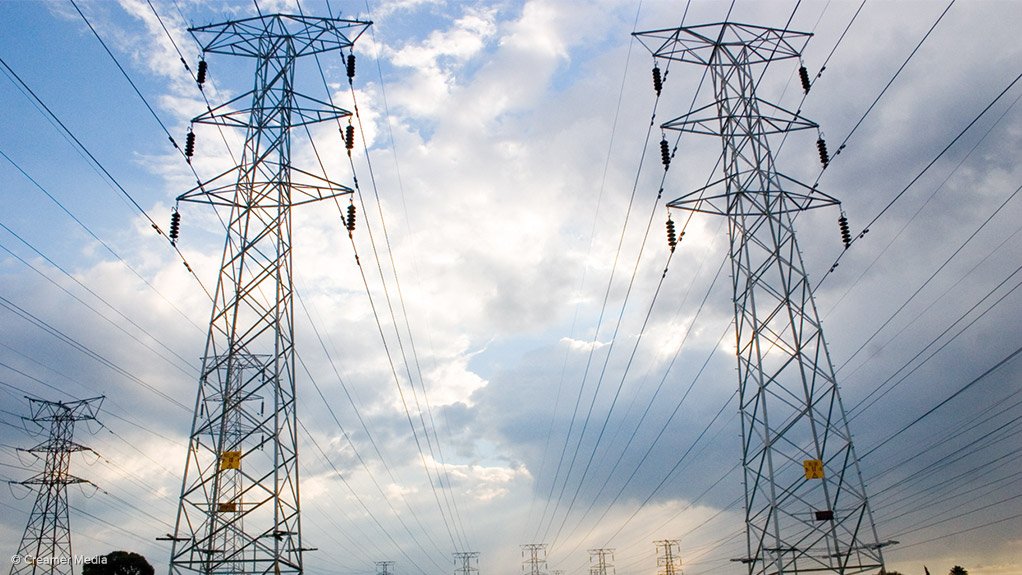South Africa’s energy crisis may have reduced the nation’s economic growth rate by as much as 3.2 percentage points last year and is likely to dampen output until at least early 2024, according to the central bank.
Eskom frequently implements loadshedding to protect the grid from collapse as the State-owned utility’s aging and poorly maintained plants can’t meet demand. Regular outages since January have lasted as long as 12 hours a day.
In May they started easing after South Africa managed to boost its generating capacity. That’s in part because of winter storms and the company’s decisions to scrap the post of chief operating officer and give individual plant managers more direct access to senior executives, a change Eskom chairperson Mpho Makwana said has boosted morale.
Governor Lesetja Kganyago has estimated the supply disruptions will cut 2 percentage points off output growth in 2023.
Last year, the country had 3 776 hours — about 157 days — of loadshedding, more than triple the amount in 2021, authors including Theo Janse van Rensburg and Kgotso Morema said in a South African Reserve Bank economic note published on June 29.
By mid-February this year, the outages surpassed the cumulative totals for 2019 and 2020, the authors said. By May, interruptions to supply had exceeded those for all of 2022.
The central bank’s models estimate power cuts trimmed between 0.7 percentage points and 3.2 percentage points off the GDP growth rate in 2022, according to the authors. The outages also have repercussions for potential growth as, for example, machinery that would have operated for 24 hours a day has to shut down when loadshedding is in effect, Van Rensburg and Morema said.
Potential growth was estimated at about 0.7% last year and “given that loadshedding is expected to be worse in 2023, potential growth is forecasted at 0.0% in 2023,” they said. “This is well below the steady state of 2.5%,” Van Rensburg and Morema said, referring to the rate at which the economy would grow without any new shocks.
“Loadshedding has severe negative implications for production and overall confidence in the economy,” the pair said.
The authors expect the risk of rolling blackouts to remain high this year and into early 2024 because of unreliable power supply, alleged sabotage at plants, corruption and other factors, they said in the note.
Major repairs, new capital investment and maintenance projects that could alleviate the pressure are only expected to be completed over the next 12 to 18 months, the authors said.
EMAIL THIS ARTICLE SAVE THIS ARTICLE
To subscribe email subscriptions@creamermedia.co.za or click here
To advertise email advertising@creamermedia.co.za or click here











